LAMANTERA
Benedetta continues her story: “I came to Abruzzo for the first time ten years ago, in 2012. I fell in love with La Porta dei Parchi and also liked the village; I immediately felt I might want to live here. I have Tuscan, Friuli and Lazio blood and mixed roots, because my father’s job meant that I lived in many different places in Italy as a child. I felt this village was a place I would have chosen to die. It’s not a macabre thought, it just means that I felt I could really think long-term here, something that had never happened to me before. In 2020, after some tough years at work, Benedetta decided to resign. The decision was made: “When I imagined doing something different, revolving around sustainability issues, my first thought was to come here: Nunzio and Manuela are fantastic people, from a human point of view and for their great enthusiasm in promoting activities for the area and the local community”. She also tells about a premonitory dream: “One morning I woke up ‘seeing’ some figures in my mind, perhaps Roman statues, standing on top of a mountain in the sun, draped in wool. That very evening I called Viola and asked her what they were doing with the wool from their sheep. She introduced me to a world I would never have imagined”. Benedetta describes it in a few words: shearing costs money, almost €1 per kilo of wool; shearing is necessary for the health and wellbeing of the animals; however, the wool that is sheared is classified as special waste and disposing of it in compliance with European regulations would cost €3.50 per kilo. For a farm like La Porta dei Parchi, each shearing session produces at least 2 tons of wool. One doesn’t even need to do the math to realise that it would be totally unsustainable. “That’s when I started to conceive my project”, explains Benedetta.
Meanwhile, after working abroad for some time, Viola too had gone back to La Porta dei Parchi, together with her partner Matteo Stocchi. And so had another of Benedetta’s flatmates in Florence, Jacopo – Viola’s brother. He is responsible for the slaughterhouse, his sister for the dairy. “Nunzio and I used to be the youngest, now we are the elders”, comments Manuela Cozzi. The ASCA cooperative and the La Porta dei Parchi holiday farm now employ 20 people – a significant figure for a town of 300 inhabitants.
The new spin-off The new Lamantera spin-off applies the principles of circular economy to the textile sector. Circular economy is now at the very heart of Europe’s strategy to contain the effects of climate change. The underlying idea is to shift from linear economy – the one based on the ‘take-make-dispose’ approach – towards a new model based on reducing energy consumption and resource exploitation, preserving value in the economy, preventing waste and applying the principle of waste-free design. The textile sector is so important that a whole section in the European Parliament’s Resolution of 10 February 2021 on the New Circular Economy Action Plan is devoted to it.The Resolution calls upon the European Commission “to present a coherent set of policy instruments and support new business models to address the full range of environmental and social impacts throughout the value chain and to improve the design of textiles to increase durability, reusability and mechanical recyclability and the use of high-quality fibres”. High-quality fibres are the ones Benedetta collects for two days and bags into bales that are then moved by forklift truck to a warehouse, waiting to be washed.
